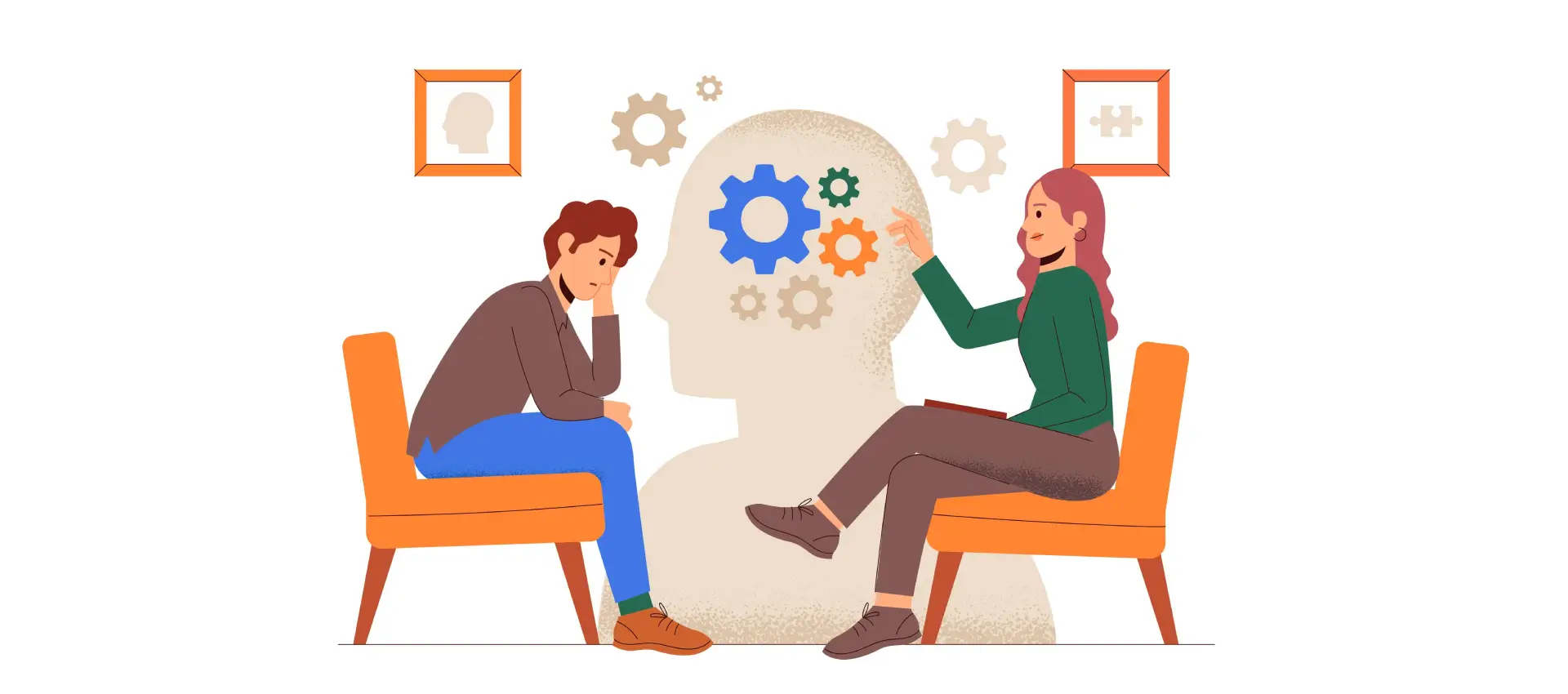
Negative thoughts can feel like mental quicksand—pulling you deeper with every step you try to take forward. You might hear that nagging inner voice whispering, “I’m not smart enough,” “I’ll never get it right,” or “Why do things always go wrong for me?” Over time, these repetitive thoughts carve deep grooves in our mental landscape, shaping how we feel, act, and view the world. But what if you could interrupt that pattern—disrupt the script entirely and write a new one? That’s exactly where neuro linguistic programming therapy steps in.
Unlike traditional psychotherapy that often delves into the ‘why’ behind your emotions, nlp therapy focuses on the ‘how’—how you think, how you speak to yourself, and how those patterns can be rewired. Grounded in the belief that our thoughts, language, and behavior are closely linked, neuro linguistic programming therapy empowers individuals to identify unhelpful mental habits and replace them with healthier, more constructive ones.
Developed in the 1970s by Richard Bandler and John Grinder, neuro linguistic programming therapy blends neuroscience, psychology, and linguistics into a practical framework for personal transformation. “Neuro” refers to how we process information through our senses; “linguistic” is about how language influences our perception; and “programming” explores the patterns we create—and can change—based on those perceptions.
In essence, nlp therapy sees the mind as a program. And like any program, it can be debugged, updated, and upgraded. Instead of asking why someone is anxious or stuck in self-doubt, it asks: How is this pattern created—and what’s the fastest route to break it?
If you're searching for nlp therapy near me, many certified practitioners across India, especially in cities with growing mental health awareness like Mumbai, are offering this dynamic approach. If you're looking for a trusted healthcare centre in Mumbai, ensure the therapists are certified in NLP methodologies for best results.
Imagine a person who constantly thinks, “I fail at everything.” This belief doesn’t arise from a single event—it’s often a culmination of past experiences, internal dialogues, and repeated reinforcement. Nlp therapy helps intercept this thought loop through structured tools and techniques. Here's how:
One of the most widely used nlp techniques for anxiety and negative thinking is reframing. This tool helps shift the emotional lens through which a situation is viewed. Instead of the thought, “I always mess things up,” the reframe might become, “Each attempt helps me improve and learn.” Reframing doesn’t deny the challenge; it recasts it in a way that empowers rather than defeats.
Over time, and with guided practice, the brain begins to favor the reframed version. It's like upgrading your internal software—same life events, new responses.
The anchoring nlp technique is another powerful tool that helps combat persistent negative emotions. Anchoring involves associating a specific physical gesture or cue with a positive emotional state. For example, by recalling a deeply confident moment and linking that feeling to a hand gesture, you can “anchor” confidence in your body.
Later, when anxiety creeps in—before a presentation or a tough conversation—you simply use the anchor to trigger that positive emotional state. Over time, your brain learns to bypass the negative loop and go straight to calm and clarity.
Another impactful nlp technique is working with submodalities—the fine details of how you internally represent experiences. Let’s say you always visualize failure in dark, overwhelming images. An NLP practitioner might guide you to shrink, brighten, or blur those mental images, diminishing their emotional impact. This technique reprograms how your mind encodes fear or failure, making it easier to respond with neutrality or confidence.
This advanced nlp technique works by replacing unwanted habits or thoughts with more desirable ones. You visualize the negative behavior or thought and quickly “swish” it with a compelling image of your desired state—confident, calm, successful. Repeated enough times, this pattern interrupts the old loop and creates a new mental association.
One of the reasons people are increasingly searching for nlp therapy near me is because NLP offers tangible tools that produce results relatively quickly. While it's not a one-size-fits-all solution, it resonates with people who are action-oriented and want to take charge of their mental patterns.
Cities like Mumbai have seen a growing number of certified NLP practitioners offering therapy through clinics and wellness centers. If you're considering starting your journey, look for a reputable healthcare centre in Mumbai that integrates NLP into its therapeutic offerings, especially if you're seeking support for anxiety, confidence building, or emotional resilience.
It’s important to remember: You are not your thoughts. Negative thinking patterns may feel deeply ingrained, but they are not permanent. With the right tools and guidance, those thoughts can be reshaped into ones that uplift and empower you.
Neuro linguistic programming therapy offers a fresh, pragmatic lens on mental health—focusing not just on why we feel the way we do, but how we can change it. By leveraging tools like reframing, the anchoring nlp technique, and other transformative nlp techniques for anxiety, individuals can regain control of their inner dialogue and step into a more positive, confident version of themselves.
If you’ve been feeling stuck in repetitive negative thought loops, maybe it’s time to consider a new approach. Maybe it’s time to explore how nlp therapy can help rewrite your mind’s story—for good.